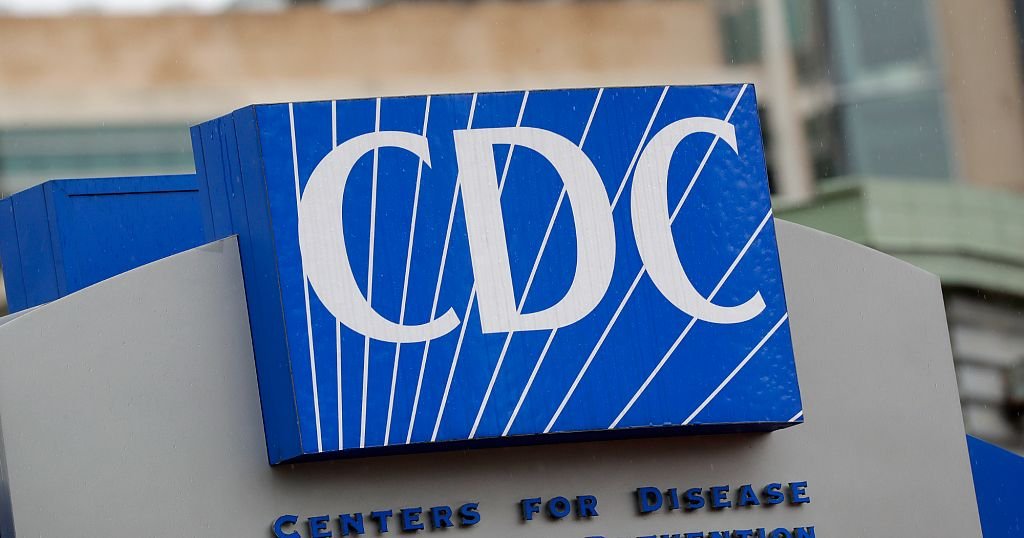Africa
Lassa fever kills 118 in Nigeria since the start of the year

Nigeria’s Centre for Disease Control and Prevention (NCDC) on Sunday said at least a 118 people have died from Lassa fever since the start of the year.
In a statement, it said that 3,465 suspected cases spread over 33 states were recorded in the same period, with 645 confirmed in laboratory tests.
The acute viral illness is endemic to Nigeria and is primarily transmitted to humans via contact with food or household items contaminated with rodent urine or faeces.
Years of campaigning has not resulted in significant improvements in environmental hygiene in poorer rural areas that could prevent rats from accessing homes, food, and utensils.
The NCDC said it had deployed Rapid Response Teams to 10 states, but has called for intensified efforts from state governments and the private sector to deal with the outbreak.
Lassa fever presents with flu-like systems, a sore throat, muscle pains, cough, nausea, vomiting and diarrhoea.
As the disease progresses, in severe cases it causes facial swelling, fluid in the lung cavity, bleeding from the mouth, nose, and other parts of the body.
Early intensive supportive care with rehydration and symptomatic treatment improves chances of survival.
Most people will make a full recovery but it can be fatal.
